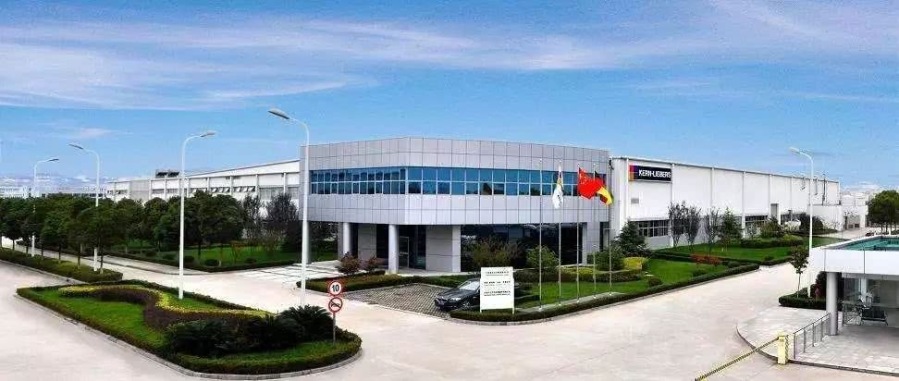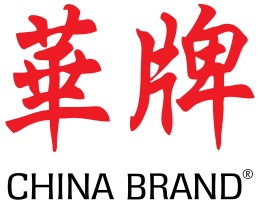Many international companies are currently considering regionalizing their production and upstream supply chains for specific markets to a greater extent and making their subsidiaries in different world regions more independent of each other. The goal is to secure supply chains by deepening regional value creation and to better meet regional customer needs through regionally manufactured products. Another reason for decentralization is that laws and regulations in the various countries are drifting apart, making centralized production and supplying the world market increasingly difficult. The negative experience during the pandemic reinforces this trend even more.
It is important that decentralization distinguishes between line functions and specific staff tasks. Procurement, manufacturing and sales can be regionalized without difficulty in most cases, as can product development for local adaptation of products, marketing and customer relationship management (CRM). Staff functions, on the other hand, which require specific technical expertise and trust vis-à-vis regional decision-makers and players, are not regionalized. These include not only corporate strategy and controlling, but also the sensitive areas of research, intellectual property, information technology and compliance. These specific staff functions are systemically relevant for globally operating companies and therefore remain under the control of headquarters. Regionalizing them would massively increase the risk of undesirable developments due to loss of control.
The regional units are essentially managed and controlled via data. Currently, the biggest challenge in China business is to master the data handling requirements associated with the hybrid business organization. Regionalization always requires qualification of cross-border data traffic, which is restricted by new Chinese laws and regulations. The handling of these demanding tasks remains in the hands of the central staffs, which have the necessary competence and the trust of the company management.

